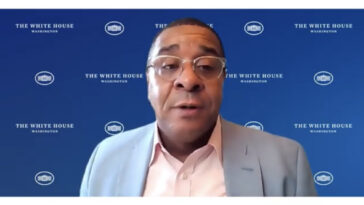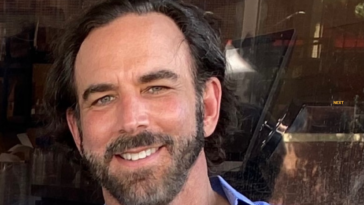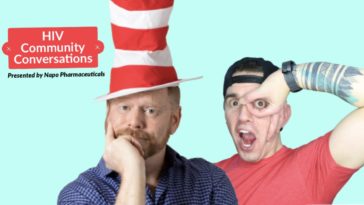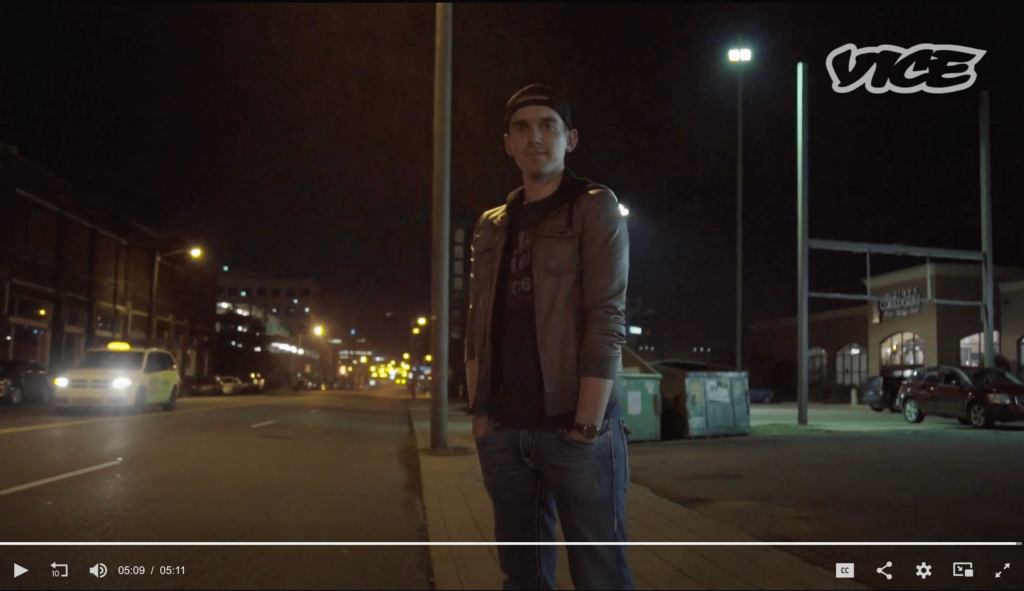+
JOSH: Paul, describe who you are and what you do.
PAUL: I’m a gay pornographer who takes his work very seriously.
JOSH: You are pretty elusive. Why do you make yourself so unavailable for media?
PAUL: I’m not elusive at all, really. But I do my best to avoid everything that has anything to do with celebrity, recognition or fame. Years ago I was interested in all that because the experience of celebrity is similar to anonymity. Celebrity is a form of anonymity. And since being anonymous is a kind of gateway to many of the things that are important to me, it seemed like it might be interesting. But celebrity—being recognized—requires that you be something that others aren’t. It’s exclusive and necessitates an imbalance. I’m driven by a need to explore the possibilities that derive from a radical equality.
So, for example, if I walk into a room to photograph a man, it’s best for me if he has no idea who I am. If I think they might know who “Paul Morris” is, I’ll give them a different name. I want to see what they do naturally and honestly, from a basis of equivalency.
That’s a big reason why I think the less known about me the better. The men and the work are what’s important. Over the years people have imagined me as being a lot of different things: an angry straight man intent on killing gay men, a crystal addict who lives to slam, a man who sold his soul to Satan, Satan himself, an hiv-negative man getting rich on the suffering of poz men, a Russian Jew, a woman, a pedophiliac cannibal. Briefly in the 90s there was a rumor that I was a group of people; that was followed by the idea that I didn’t exist at all and was just a corporate logo. I’m fine with all of those. Anything anyone wants, really. The abiding interest for me has always been the sexuality and sexual expression of men. Promiscuity has been the basis of my experiences, and anonymity is a prerequisite for true promiscuity. Sex among men is a language and a mode of thinking—corporeal thought—and I’ve devoted more time than you can imagine to experiencing it as encyclopedically as possible. To do that you have to be anonymous.
RT @Boyhous: @paulmorrisTIM scum will always be scum. kiss my ass skank // #potcallingkettle #lovelyman #hiv
— paulmorrisTIM (@paulmorrisTIM) February 10, 2013
JOSH: What is the state of gay porn today?
PAUL: In some ways robust, in others quite precarious. For every sexual identity other than heterosexuality, porn has carried a specific and crucial function. Particularly for subcultures or splinter cultures, porn is a source of information and empowerment. Porn is by definition the explicit performance of your corporeal desires. And if you live in a small town somewhere and figure out that you are singular or “different” in your desires, porn can demonstrate for you how those like you behave. Simply watching other people doing what you would enjoy doing corroborates the rightness of your identity, the possibilities of being with others happily. This may sound like a simple or even obvious thing, but it’s absolutely critical—and nothing performs this function except for porn.
So in this sense I think gay porn—which I’d place under the rubric of queer porn—is healthy and robust. There are lots of independent producer/performers who are connecting honestly with others who share similar or overlapping desire sets. Their work is fresh, experimental, vital.
Unfortunately—and this is where the precarious part comes in—as soon as a niche, fetish or identity gains a significant audience, you’ll have straight-owned corporations coming into the picture. This is dangerous. Very dangerous. A good number of strong gay studios have been taken over in the last decade by corporations that have no interest in anything other than profit. Once that happens, things go south pretty quickly, and the result—you can see it today—is the demise of risk-taking, specificity and cultural honesty and the rise of porn that is all cliche and enforced repetition.
Creative growth in porn requires that production serve the performers and that the performers are members of their own audience. Because the identity of “gay” is becoming standardized, many producers are becoming lazy. For example, they depend on repetitive storylines, vapid stereotypical behaviors. Of course there are some small gay production houses that should be watched, but not as many as there should be. The interesting work is being done by queer performer-producers. They are rigorous about not compromising the integrity of their vision, their work and their identities. Offhand, I’d say that a company like Bonus Hole Boys is on the right track. And a director to watch is Shine Louise Houston. There are many more, of course.
![[ IMSTILLJOSH ]](https://imstilljosh.com/wp-content/uploads/2020/09/9A79D7E4-5626-422E-ABC0-F601C8891E6A.png)























Comments
Loading…